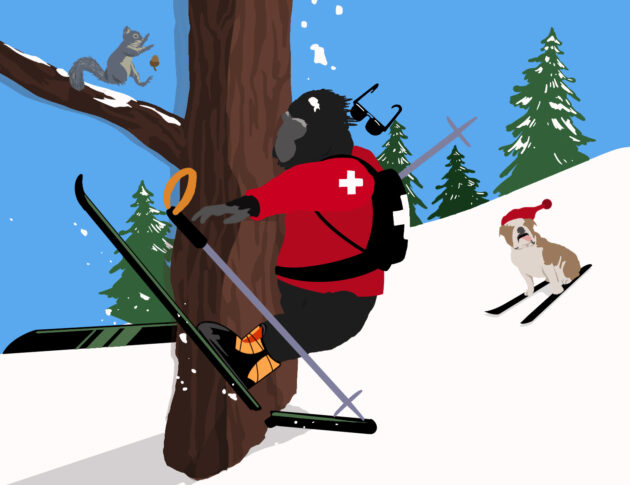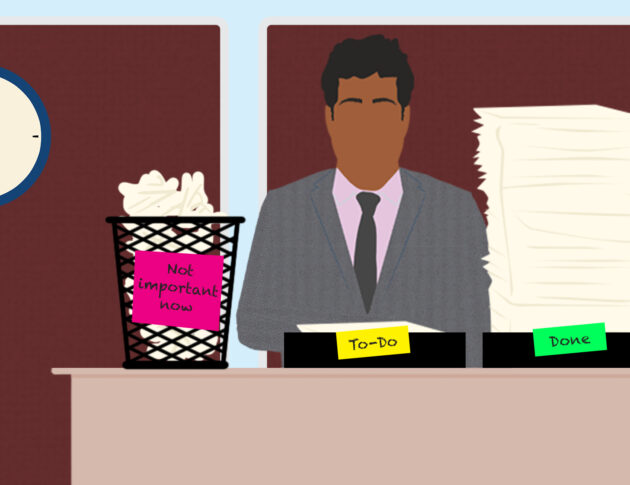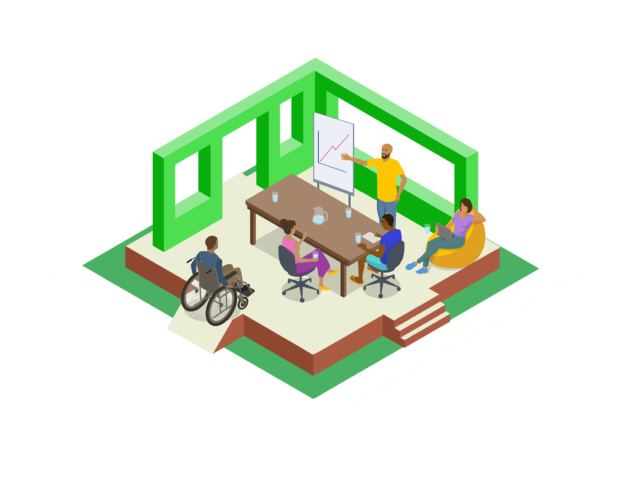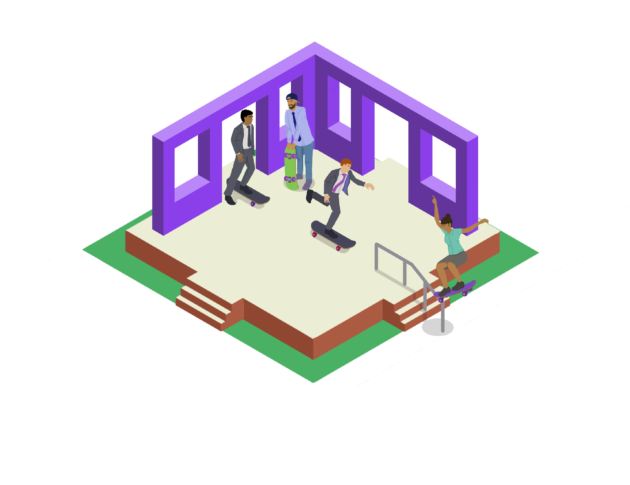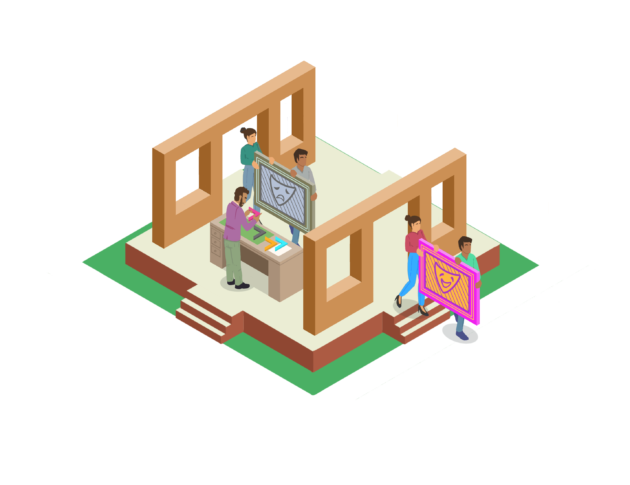21 February 2022 / Share
Resilience by Design Chapter 11: Rest
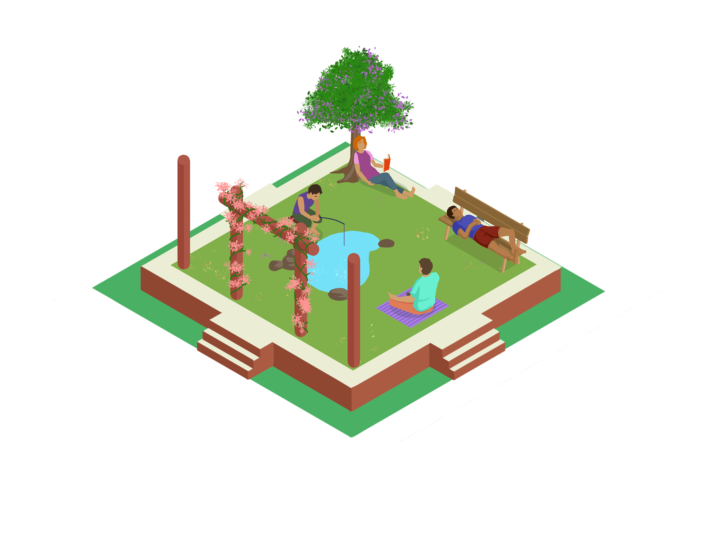
Chapter 11 of Resilience by Design is all about rest and sleep, arguably the most essential component of resilience.
For busy people, it’s all too easy to ignore the signal to rest or to let sleep pressure build to the point of exhaustion. This assumes you recognise the signal and intent of the messenger.
Like so many other facets of resilience, successful sleeping is a natural process that many people have lost touch with. If you are not sleeping well, or would like to benefit from exceptional sleep and rest, the good news is that everyone can develop a personalised approach—by design.
Lauren Burns, OAM won Olympic gold in taekwondo at the 2000 Olympics in Sydney. She is a motivational speaker, author, naturopath (BHSc) and is completing her PhD at RMIT University where she looked at the factors that influence elite athlete performance. She spoke with us about how training her ability to sleep was just as important as any other physical work she did to prepare for events. Like anything, sometimes it might take a little bit of practice, and the payoff can be enormous! Read Lauren’s story below:
FIGHTING SLEEP
As a professional athlete, training was so gruelling that most days I trained (requiring consistent effort) for seven hours at different times of the day. It’s not possible to expend that much energy without rest, and I had conditioned myself to nap in between sessions, completely turning off when needed. Early morning training sessions would start at 5.30 am, and I would often sleep in the car for an hour afterwards and then go to work.
Entirely sleepless nights are common before a competition. It’s not just nerves. Many places have too much noise, bright lights, and less than ideal living conditions.
Environmental factors play an enormous part in our ability to get high-quality sleep. Have you ever found that when travelling, your first night in a new location could be a struggle with sleep, but by the second or third night you’ve adjusted to your new conditions?
One missed night of sleep is manageable, and I knew I could rise above the fatigue, but if I had weeks of poor sleep, it would be an entirely different story.

As a professional competitor, we’re often on lots of flights, travelling from one event to the next, so we had to be able to take sleep and rest at any opportunity on the road and make space for it. I’d always ensure that my kit bag had all my soft, lumpy stuff, such as tracksuits and any other clothes. That was my emergency pillow. I could just lie down anywhere and get some rest. I trained myself to drop off as I found a comfortable position in places where not many people would.
Most of us don’t consider sleep is something we need to “practice” or “train” for. In Resilience by Design, we cover a number of techniques you can use to help with sleep. Never been a napper? Don’t let that deter you, with a bit of practice you can train yourself to fall asleep very quickly – which has the added bonus of making you better at falling asleep at night!
Even before a semi-final or final, I could lie down, grab a quick nap, and wake up ready to start warming up for my fight. I was so connected to process, and I had so much experience as a competitor that I knew when to “switch off” and when to “switch on.” I didn’t want to waste time and energy being “on” when I could be recharging and resting.
It’s really important to know how and when to be switched on and off. In the ring and when training, I would be totally on, 100% focused and ready. Outside of these, I worked, I laughed, I got inspired, and I planned. Placing rest and recovery in that plan is just as important as everything else. It’s impossible to improve if you can’t recover effectively.
And so it is in all parts of life, no matter what you do. Effective rest and recovery are critical to resilience and performance. We suggest ignoring those that wear a lack of sleep with a badge of pride, or those that brag about how much leave they may have accrued through never taking a break. To finish where we began, sleep, rest and recovery are arguably the most essential components to resilience, performance and a productive, happy lifestyle.


